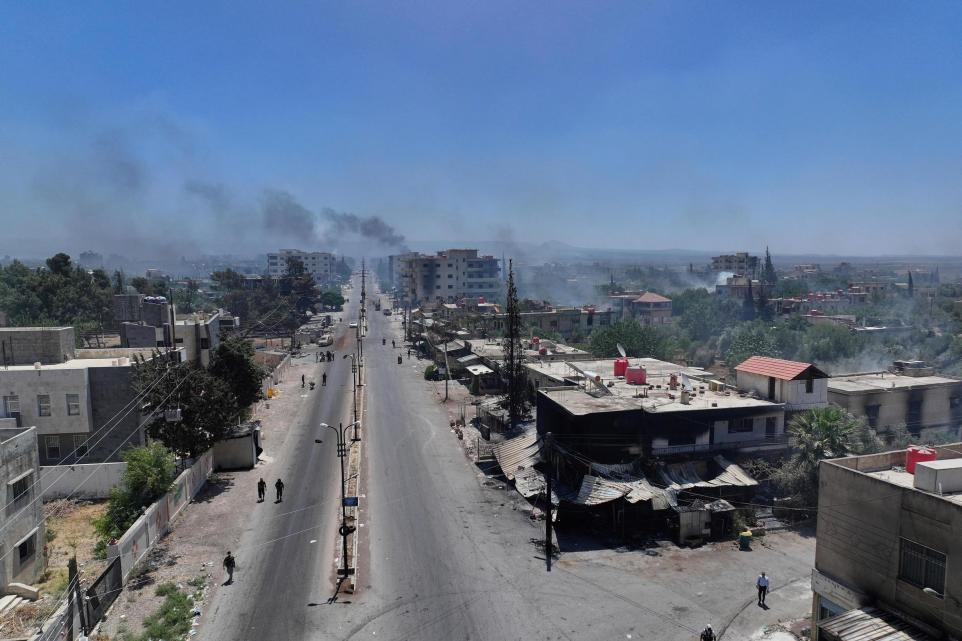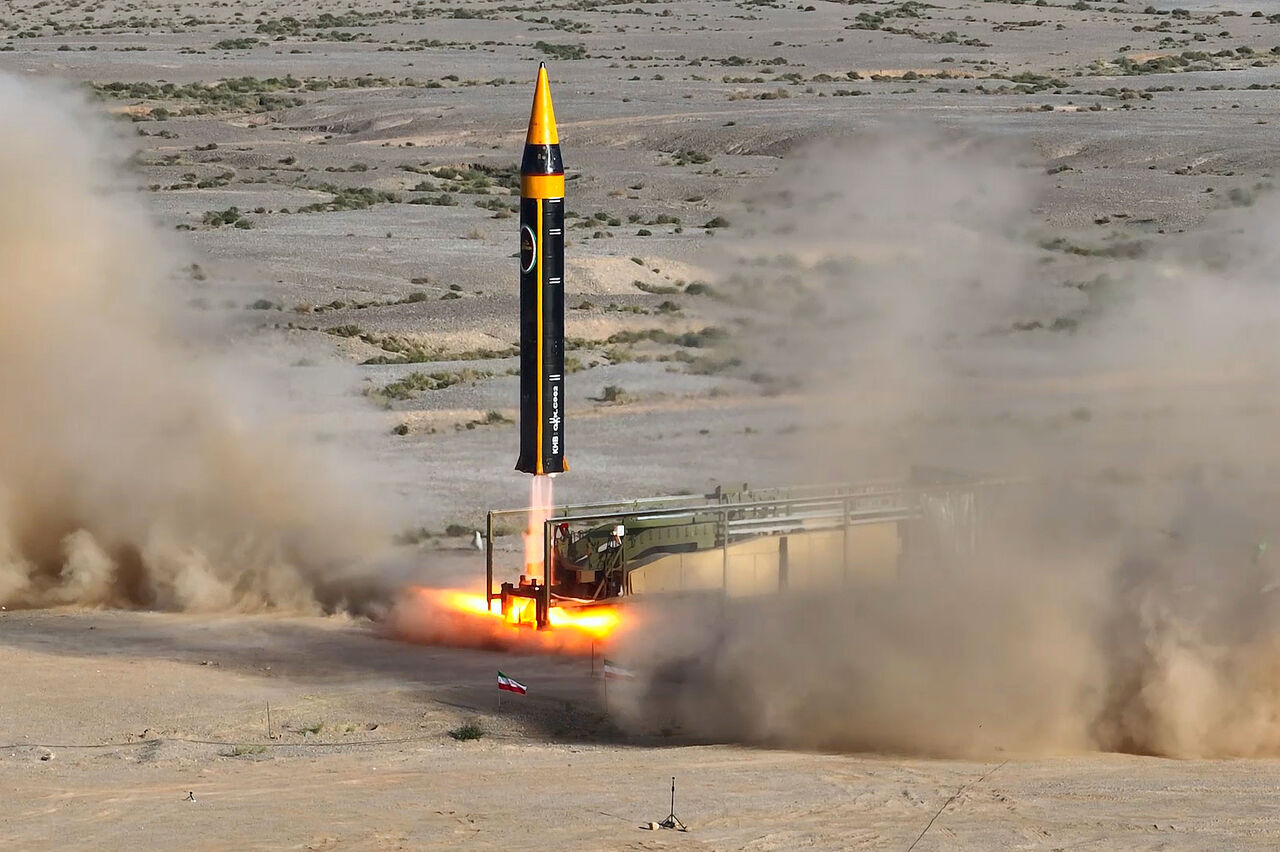The recent bloody developments in Sweida province mark a dangerous and unprecedented turn in the Syrian crisis. This is no longer a routine flare-up or an isolated security incident; rather, it signals a complex and escalating scenario with profound implications. From the bombing of St. Elias Church in Damascus to the re-emergence of extremist factions backed by regional powers like Israel, the United States, and Turkey, signs point to a multi-layered plan aimed at demographic engineering, intimidation of minorities, and the practical fragmentation of Syria.
By Nidal Issa — Political Analyst and Deputy Editor-in-Chief of Qualis Magazine, Lebanon
What has unfolded in Sweida cannot be seen as a passing event or a repetition of earlier incidents in Syria’s coastal regions targeting the Alawite community. Instead, it reveals a structured effort—likely coordinated within a broader strategic alliance between Israel, the U.S., and Turkey, with field execution delegated to factions loyal to Abu Mohammad al-Jolani—to force demographic shifts and fuel sectarian fear among minority groups.
From a security and social standpoint, the implications are alarming. These developments have not only exacerbated sectarian tensions in southern Syria but have also accelerated the country’s de facto disintegration. Most concerning is the open call by some local factions for Israeli intervention—an indication of both the depth of the crisis and the degree of desperation among certain actors on the ground. In this volatile environment, opposition to imposed agendas increasingly equates to physical elimination and targeted violence.
The broader plan unfolding in Syria appears to be a multi-tiered conspiracy: directed by the Americans, scripted by the Israelis, and executed on the ground by proxy groups. The strategic objective is clear—control over provinces with minority-majority populations like Sweida. According to some reports, there had been preliminary agreements for the entry of Syrian General Security forces into these areas. However, resistance from segments of the Druze community led Ahmad al-Shara (al-Jolani) to resort to terrorist groups to achieve his goals. These factions have committed horrific crimes against children, women, and religious elders—mirroring the same tactics previously employed in Alawite regions.
Crucially, these acts have now surpassed the framework of earlier agreements between Israeli representatives and al-Shara’s affiliates, which were reportedly mediated by Turkey. The atrocities have undermined the initial understandings and triggered serious reactions from Druze communities in Jordan, occupied Palestine, and Lebanon. Strategically, Syria’s sectarian crisis can no longer be categorized as a purely domestic issue. The spillover risks—particularly in the form of sectarian violence—pose a real and growing threat to the stability of countries hosting Syrian refugees, especially in Europe, North America, and parts of the Arab world.
This demands urgent international intervention—first, from a humanitarian perspective, to halt the bloodshed and protect vulnerable minorities; and second, from a security perspective, to contain the conflict within Syria’s borders. Given the vast global dispersion of the Syrian population, ignoring this crisis could ignite a wider regional, even international, upheaval.
Western nations, in particular, play a vital and non-negotiable role in this equation. With millions of Syrian refugees residing in Europe and North America, any complacency in confronting sectarian radicalism or the infiltration of extremist networks could import insecurity and communal violence directly into their own territories. Thus, Western governments must adopt a proactive stance—strengthening intelligence and security oversight, dismantling sectarian networks, and simultaneously supporting political and humanitarian solutions within Syria. Today, maintaining social cohesion and internal stability in host countries hinges on responsible policymaking that addresses the cascading effects of Syria’s sectarian war.
Therefore, a multi-pronged, preventive strategy is imperative—one that includes countering extremist groups, curbing sectarian discourse in online spaces, advancing political solutions in Syria, and investing in safe, voluntary return programs for refugees. Ignoring these realities will not only deepen Syria’s collapse but will also extend instability into the heart of the West.
Host countries must also develop specific strategies to confront potential fallout from this situation—from implementing deterrent measures to deporting individuals linked to extremist factions. Yet none of these scenarios alone can guarantee future stability, for sectarian sentiments can easily become breeding grounds for violence, unrest, and societal collapse within host nations. Thus, an immediate cessation of violence in Sweida—and across Syria, particularly against minority populations—must be prioritized. Furthermore, those who directly or indirectly fuel sectarianism must be confronted decisively. Otherwise, the repercussions will extend far beyond Syria’s neighbors, reaching deep into Europe and the United States.






